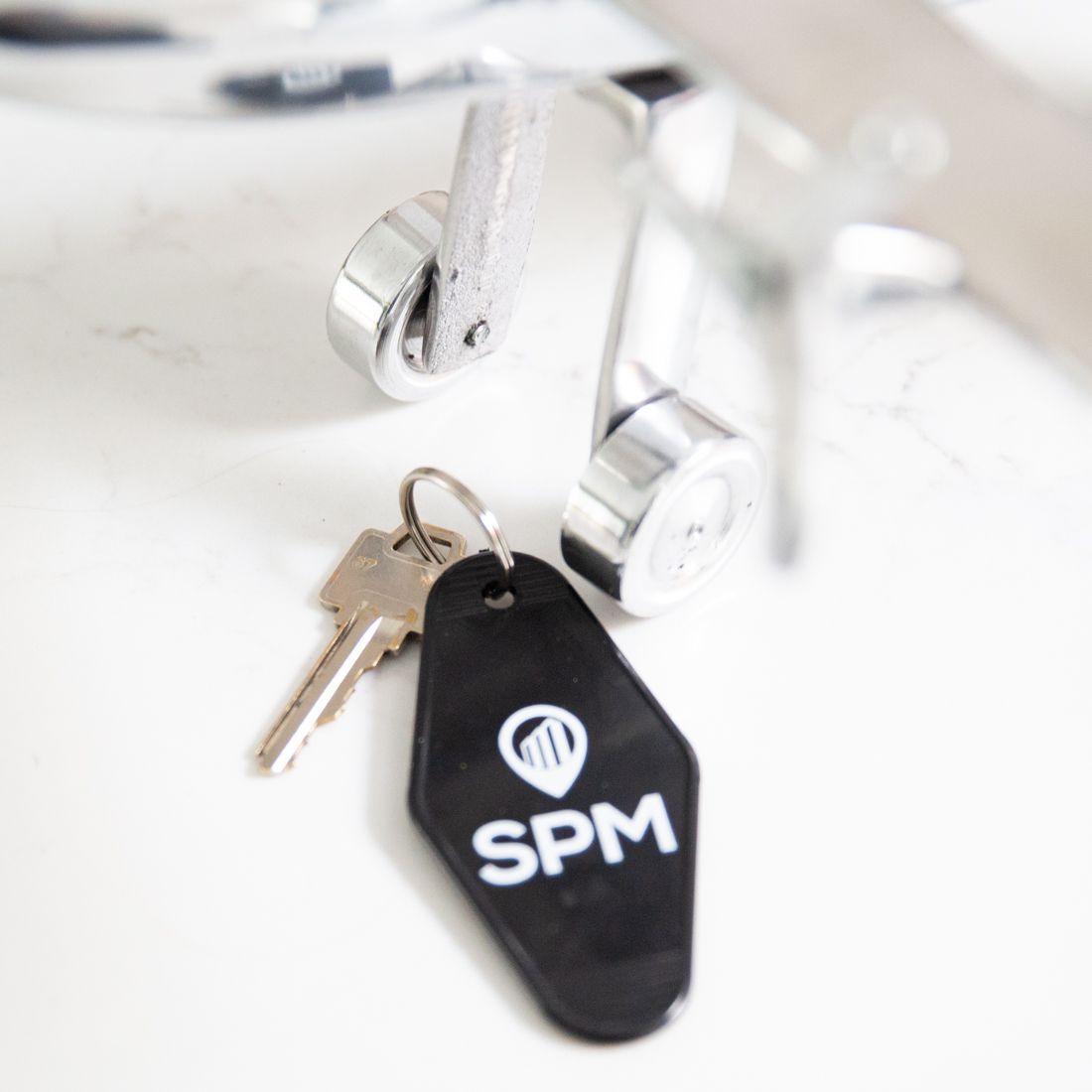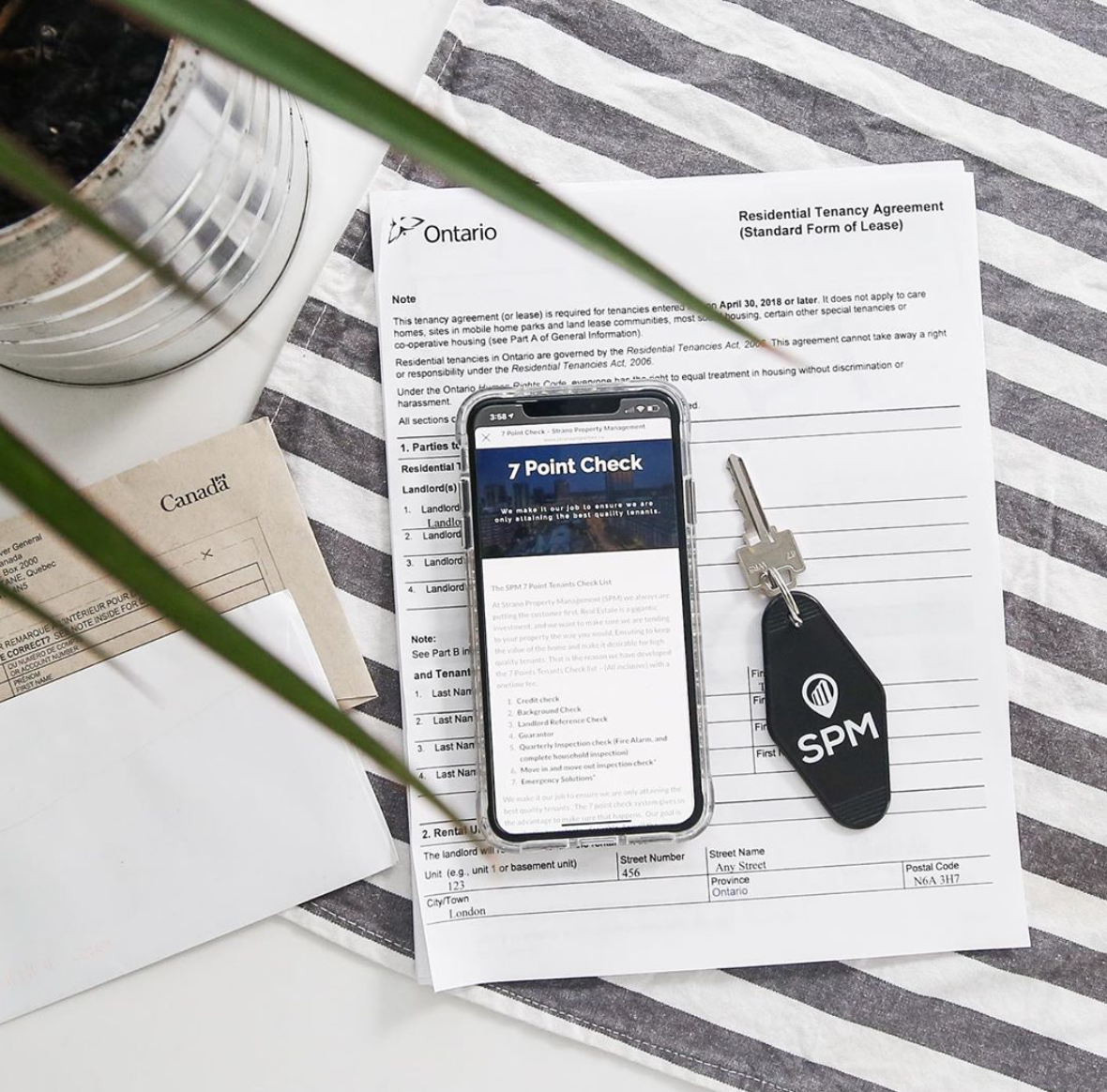Securing a rental property requires a focused approach to management. Given the many duties involved in managing a property, property managers have the choice to do it themselves or outsource their responsibilities to a property management team. Certain factors that may affect your decision include whether the property that you are managing is a multi-residential property or a single-family property.
It can be difficult to decide which option is right for you, that’s why we’ve broken down how to manage your rental property into 3 easy steps.
1. Manage Tenants
Proper tenant management is critical to reducing tenant turnovers. A strong tenant and property owner relationship is built on shared honesty, trust, and patience.
You will have to manage:
- Lease Agreements & Laws: Even after you have drafted up a lease with legal terms in accordance with the Ontario Landlord and Tenant Act, you will need to make sure that your leases are up to date with current laws. The onus will also be on you to enforce the terms and conditions of the lease, including stipulations on tenant insurance. You will also need to keep track of the start and end of the leases your tenants have signed.
- Tenant Screening: Finding the right tenants to live in your property requires a reasonable assessment of their ability to pay and their potential to be a good tenant. You are allowed to ask for proof of income, rental history, credit references, credit checks, and background checks.
- Moving In: Before a tenant moves in, you will need to make sure that the lease has been signed and that you collect the first and last month’s rent. It is also wise to complete an inspection with dated photographs. Good practices include going over the tenant’s responsibilities with them and covering basic rules and procedures for matters that may arise during their stay.
- Notices to Enter: Whether you are performing an inspection or fixing a faulty pipe, you are legally required to provide adequate notice before entering a rental property. Failure to properly notify your tenants could result in fines or even a lawsuit.
- Rent Collection, Arrears, and Payment Plans: As a property owner, it’s important to enforce rent collection and manage tenants who may have fallen into arrears on payments. If you choose, you may also opt to work with some of your tenants who have fallen on hard times with payment plans.
- Tenant Complaints: There may be times when your tenant makes complaints about staff, facilities, or even you. Your job is to handle these matters with respect and grace while doing your best to rectify complaints that are reasonable.
- Repair Requests: It is important to respond as soon as possible to repair requests and complete the repair in a timely manner. This may include either hiring someone to fix the issue or fixing it yourself.
- Tenant Evictions: In difficult circumstances, it may be necessary to evict tenants for violating the terms of their lease. You will need to provide the tenant with a legal 60 days notice of eviction. You must also file the eviction with the Landlord and Tenant Board no later than 30 days after the termination date. Additionally, you will need to collect and provide evidence that supports your eviction.
- Moving Out: When tenants leave willfully, you will need to ensure that they have provided you with a proper 60 days notice to vacate the property. It is important to check the rental property for any damage and collect any amounts owing for damage that falls beyond normal wear and tear.
By properly managing tenants, you can substantially improve tenant satisfaction and retention as well as ensure your rights as a property owner are exercised.
2. Manage Property
Managing your rental property means that the physical structure of your property is maintained for the safety and health of your tenants. Not only is this important for tenant satisfaction, but in some cases, you may face fines for failing to properly manage the property.
You will be responsible for:
- Insurance: Obtaining insurance for your rental property effectively protects your interests. However, certain standards are necessary in order to insure the property, including the integrity of structural components like roofs.
- Maintenance: As a property manager, you are legally required to do everything in your power to ensure that your tenants have access to vital services, including fuel, hydro, gas, hot water, and cold water. If minimum temperatures of heat are not met, you may face fines. Additionally, you will need to keep common areas clean and hygienic. Depending on the lease, you may also be responsible for exterior maintenance like shovelling snow, cutting grass, and moving leaves.
- Inspections: Inspections may be performed by you, local officials, your insurance company, or your lender. You are responsible for regularly inspecting your property, including before tenants move in, during tenant stays, and after tenants leave. Scheduling time to accompany and assist with various inspections, such as smoke detector inspections, is also in your best interest.
Maintaining, insuring, and inspecting your rental property helps your property stay habitable and rentable!
3. Manage Finances
One of the most complicated aspects of rental property management is balancing your income and expenses to generate a profit. Proper financial management can mean the difference between keeping your rental property and losing it – that’s why it’s important to always stay on top of the amounts that you are making and spending.
You will need to manage:
- Rent Payments: Generating a profit is critical for any property owner, that’s why it’s important to set the right rent amount from the get-go and collect it on time.
- Mortgage Payments: If you purchased your property with a mortgage, you will need to ensure that your mortgage is paid on time and the amount you pay is sustainable.
- Insurance: Paying your insurance on time is necessary and the amount owed is manageable.
- Property Taxes: Each year, you will owe taxes on the property that you own. This amount should factor into your ability to pay your expenses.
- Rental Income Taxes: A key expense that directly affects the value of your rental property is the amount of rental income that you must report on your taxes.
- Utilities: Depending on the lease agreement, you may be responsible for paying for certain utilities, including water, gas, or electricity. If you have to pay it you will need to ensure that these bills are paid on time each month for your tenants.
- Fees/Fines: It is always a good idea to budget for unexpected fees related to maintenance and repair, property inspections, and court.
Creating a budget for your rental property with realistic expectations can help you determine the health and viability of your rental property business.
Looking for a Property Management Company? SPM Can Help
When it feels like you have a never-ending list of tasks to manage for your rental property, SPM is here to help.
At SPM, we understand that managing a rental property can be stressful. That’s why we offer
full property management services including, overseeing tenants, maintaining property, and handling finances.
As a property owner, you can rely on SPM’s dedicated rental management, maintenance, and 24-hour emergency support services across Southwestern Ontario.
Talk to a specialist today!
WE HAVE IT ALL
Listing types
SPM lists and manages a variety of different types of properties.






